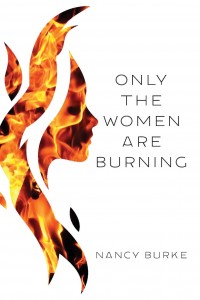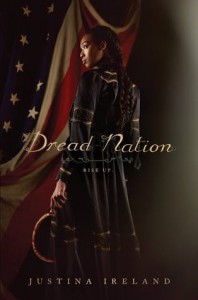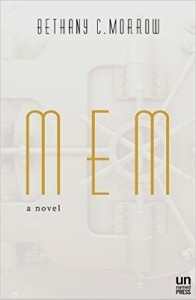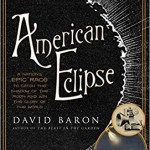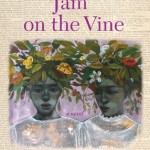It is not a COVID-19 pandemic novel. Yet, “Only The Women Are Burning†sometimes makes you think of the pandemic.
“Spontaneous human combustion.†Imagine that over one week, five women burst into flames and only leave behind the clothes they had been wearing. Now people are wary about an unseen force at work. Children are worried about their mothers; husbands are worried about their wives; siblings are worried about their siblings; neighbors are worried about their neighbors. And women are worried about themselves because “…only women are burning.â€
Worry about an unseen force feels so familiar right now. It echoes through this novel, where at a certain point in the story the author writes:
“[That woman] was probably anxious because she was outside and just wanted to get safely to wherever she was going. I could feel it, a few minutes later, as others crossed the parking lot to the Y, walking fast, heads down, or furtively searching nearby for anything or anyone who could hurt them. Fear and more fear.â€
Here we have a story that deftly blends science fiction and domestic life to tell a story about living false, unfulfilling lives. At various points you begin to think this is some kind of bizarre psychological phenomena in which women who are desperately for a real life flee by bursting into flames. Even our main character, Cassandra, has a relationship problem with a husband who is so distant it hurts you to read about their “life together.â€Â Is she just going to burst into flames too?
Instead, she reignites her intellectual self and her academic background that she had set aside, to investigate what is really going on. When Cassandra does that, the way she feels about herself and her life changes. She muses:
“All my recent feelings of having been trapped into a life as a role instead of as a person began to ebb.â€
Her use of her academic abilities leads to a discovery of a physical, scientific explanation that is surprising, very compelling and convincing.  At times meditative, “Only The Women Are Burning, is a gripping story, thoughtful and well told. Highly recommended.

